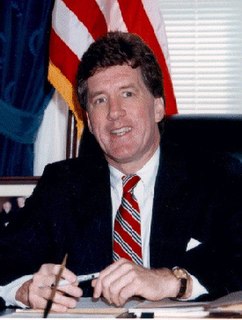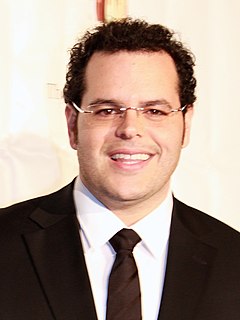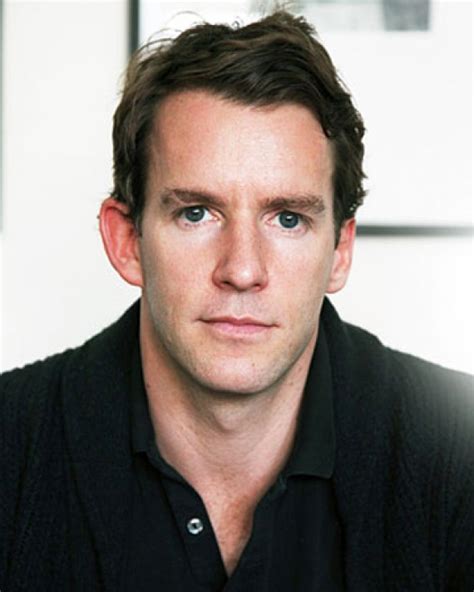A Quote by Nikki Sixx
What can I say that will make people that are in recovery want to stand up and support Recovery Month? A friend of mine said, 'You know, the fact that you did a really honest book and it changed people's lives, that's something to talk about.'
Related Quotes
I don't know what people want, really. Does somebody have to die? What is meant by resolution? These are questions that I don't quite know what to do with. That being said, I did want the characters to be changed by the end of the book. But will what they've gone through alter their lives from this point forward, i.e. will they make different (better) choices? Probably not.
The real story in housing will be a recovery in the economy that will drive a recovery in housing, When people are working, when there are more jobs, more households forming and people go back to buying cars, they're going to want their apartments and homes. And that's when you'll start to see a recovery in home prices.
This whole idea of editing, not one time I can tell you, not one time has a producer ever asked me to say something I did not want to say. I will also say this about 'Drag Race' producers: I will stand by the show and the people there because they have changed so many people's lives for the better, and I'm one of them.
I'm finding that people reading the book [The Heroin Diaries: A Year In The Life Of A Shattered Rock Star] are saying, "You came from one background, I came from this background - you were a rock star, I was a CEO. I didn't have a heroin/coke problem, but I had a pill problem. But I also fell from grace, didn't know how to get recovery, and I am now in recovery." People tell me that their kids read it and told them they'll never do drugs - "This book really shows me where it goes."
If you want to write about a person who isn't nice, people say, "This is a bad book. It's about somebody I couldn't stand." But that's not the point. You don't have to like a character to like a book. Most of the time, people would misjudge and say, "I didn't like the book." No, you didn't like the character. That doesn't make it any less interesting of a book. In fact, to me, it makes it more interesting.
I think “The Book of Mormon” has made that difference in its field. It changed the game. It’s something that 20 years from now people will still be talking about, hopefully. That’s my goal as an artist, as a creator, as a work for hire, is to choose projects that make people think, make people talk, and make people interested in having a dialogue.
One of the big ways in which I felt my own writing life shaped by recovery had to do with my relationship to other people's stories. And one of the things I loved most about recovery was the way in which, in meetings and through fellowship, you are constantly kind of paying attention to lives outside of your own.
An agent friend of mine who will remain nameless said you can't make a romance about homeless people; nobody wants to see them kiss. And I thought, what a repulsive, repugnant, extraordinary thing to say. I had to think about the fact that the world is probably full of other people who feel like that. The very idea that we spend time trying to humanize humans is extraordinary to me.
God helps me for sure every day and at every contest. I broke my hand and had to get surgery on it. The recovery was really frustrating because I had to skip three weeks at the beginning of the season. But I flipped it around and took it as a blessing. I said a lot of prayers and just asked God to do His thing. I did other things to compliment the recovery like getting the right sleep and taking care of my body. But I went back to the doctor after four weeks and he was ecstatic about the recovery of my hand. I take that as a tribute to my faith and my belief in doing the right things.



































